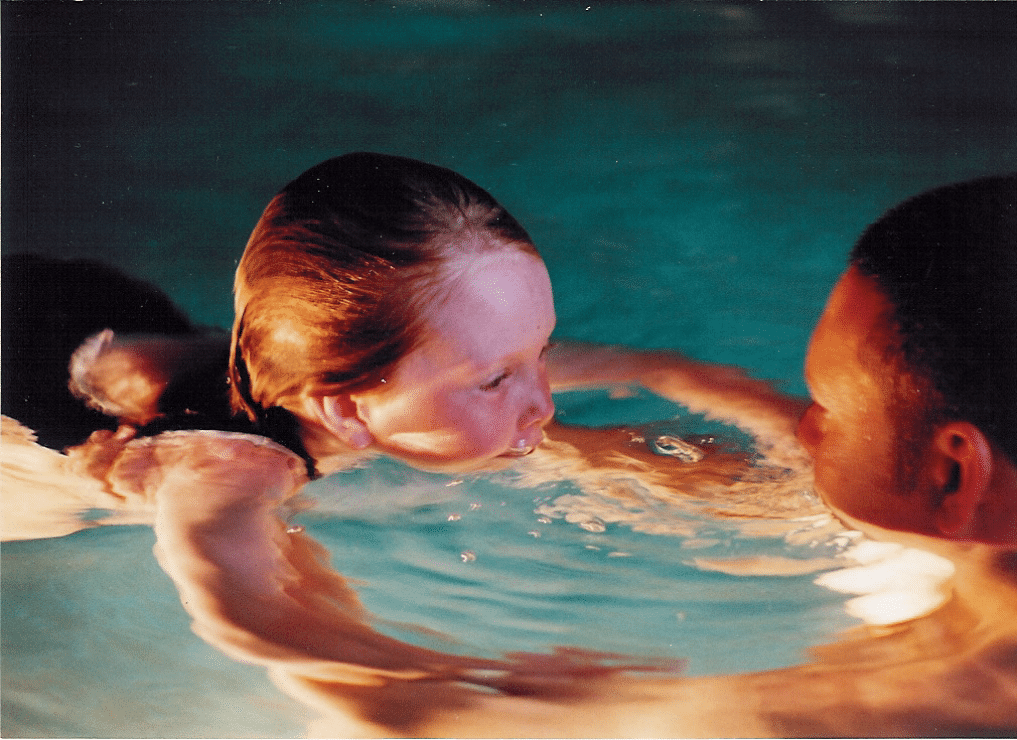Family fun for five-year olds…
All parents recognise learning to swim, alongside things like literacy, numeracy, drawing pictures and riding a bike, as an important part of child development. While most parents are properly involved in their kids’ assimilation of the other skills, swimming tends to be farmed out, at the cost of magical parent/child moments.
I gave five lessons this week to Johnny (5) and his mum, a confident swimmer. Family friendly Croft Farm is an ideal set up for kids to learn to swim, not just because of the excellent pool, with soft flooring and shallow water, but because, with or without lessons, it’s part of a family holiday. Parents are inevitably engaged in the process of their kids’ swimming development.
My job was to make friends with Johnny and encourage him to make friends with the water. A bright and strong little character, he was quite clear that he wasn’t going to do anything he didn’t feel ready to do. Putting his whole face in the water, the all important first step, he repeatedly told me was ‘too much’. But he was taking it all in, taking his time to make sense of everything I was encouraging him to do.
Often there’d be a breakthrough right at the end of a lesson when he knew that, once he’d tried something new, there’d be no time for me to push him any further. But his real progress happened between lessons, enjoying the water with his mum and dad. With input and guidance from me, they were able to direct his play. And he was keen to try out his new skills in his own free time, out of choice.
Johnny’s mum’s lessons were about remembering to enjoy the support of the water and get the most out of gliding, to do less and rest more. Even a little of this understanding goes a long way when helping children. Any parent can learn to be relaxed enough in water to pass this on to their child, in the same way that any parent should be able to encourage their child to draw, read or ride a bike.
If mums and dads can spend some time in the pool with their little ones, encouraging them with gentle touch to trust the water, through skills like resting without tension on their back and making bubbles in water until they can fully submerge, that might be giving them the best possible start.
Before anything else, children need to feel safe and comfortable in the water. So long as parents feel safe and comfortable in water, who better to convey that sense to a child?
For Johnny’s mum’s thoughts on his lessons, see her article in Daily Telegragh


